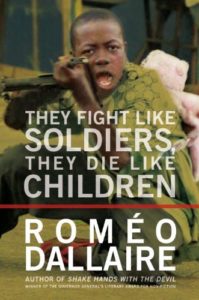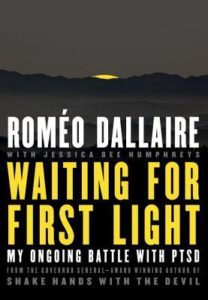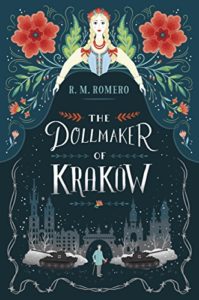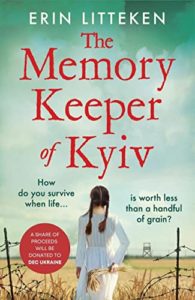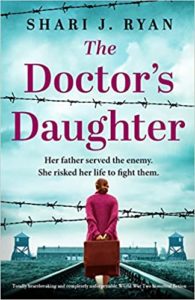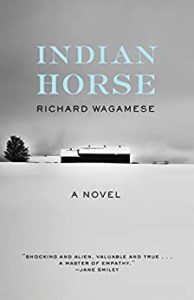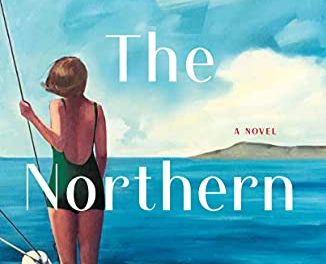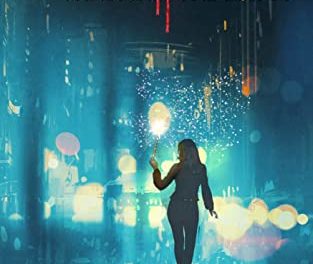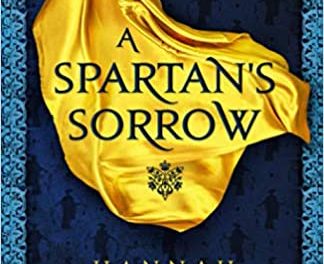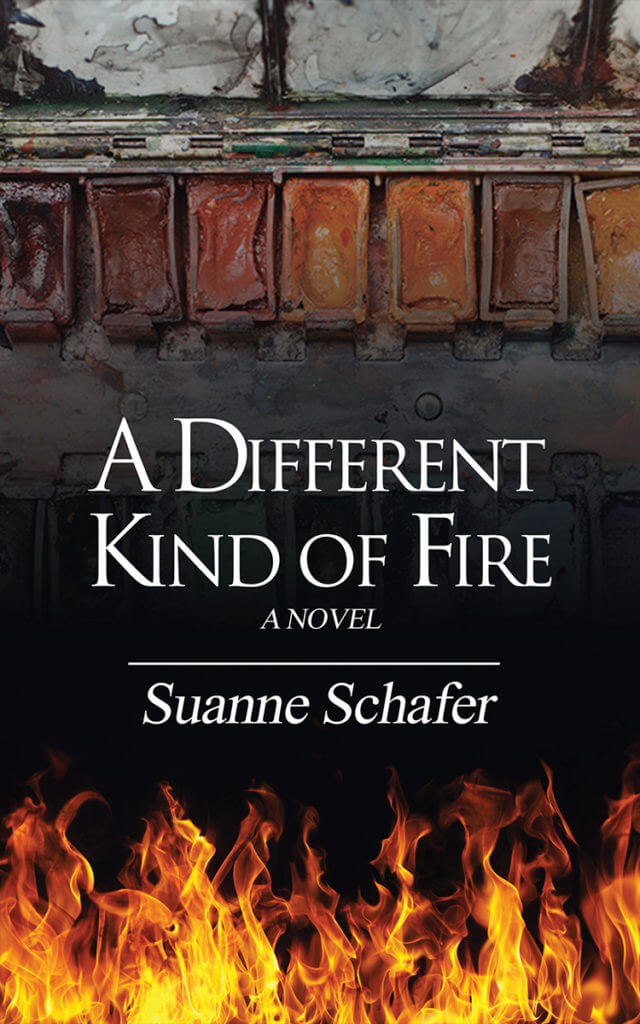During the recent upsurge in hostilities between Israel and Palestine, I stumbled across Mornings in Jenin by the American-Palestinian author, Susan Abulhawa. After reading its heart-wrenching words and being moved to tears many times, I placed it on my keep-forever books next to The Kite Runner by Khaled Hosseini.
Mornings in Jenin is the story of Palestine seen through the lives of a single family, four generations of which were entrenched in the Jenin refugee camp by Israelis in 1948. The family was forcibly removed from the village of Ein Hod, their ancestral home, where forty generations before them had grown olives and citrus. The language is lush, powerful, lyrical, and I highlighted many terrific lines that spoke to my heart. The story is told in first and third persons and unfolds and folds on itself in multiple iterations as memories so often do.
As Americans, we have for too long seen the Israeli-Palestinian conflict primarily from the point of view of Israel, and this is clearly a heavily-sanitized version of events. This novel highlights Israeli atrocities that have been on-going for decades. It is ironic that, after being subjected to the Holocaust, Israelis are perpetuating similar hate crimes and genocidal activities. In recent news, an Israeli has been videotaped calling the Palestinians “animals”. This novel is but a tiny antidote against the genocides (Palestine, Ukraine, China against the Uyghurs, Myanmar against the Rohingya, and countless others) that are currently poisoning the world.
Certainly I am able to see both sides of this conflict and am able to acknowledge the need for Jewish and Palestinian states. One of the best lines I found in the novel was: “For if life had taught her anything, it was that healing and peace can begin only with acknowledgment of wrongs committed.”
********************
Mornings in Jenin (Bloomsbury Adult, February 2, 2010) is available through:
********************
You can read my reviews of other books on genocide:
Roméo Dallaire’s Waiting for First Light and They Fight Like Soldiers, They Die Like Children: The Global Quest to Eradicate the Use of Child Soldiers
R.M. Romero’s The Dollmaker of Krakow
Ava Reid’s The Wolf and the Woodsman
Erin Litteken’s The Memory Keeper of Kyiv
Shari J Ryan’s The Doctor’s Daughter
Richard Wagamese’s Indian Horse
********************
This post may contain Amazon Affiliate links. As an Amazon Associate, I may earn a small amount from qualifying purchases at no cost to you.

